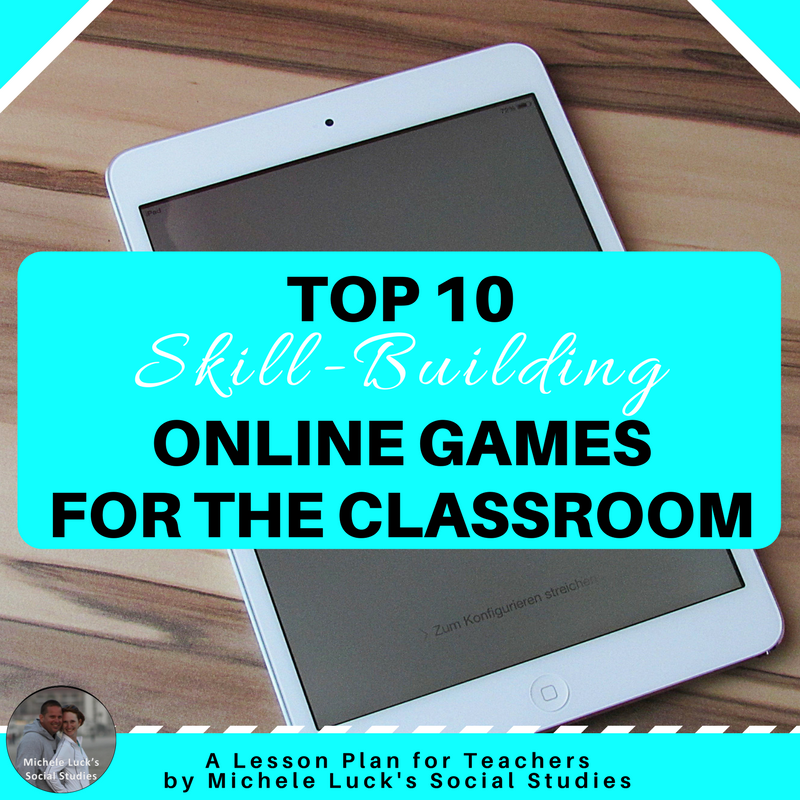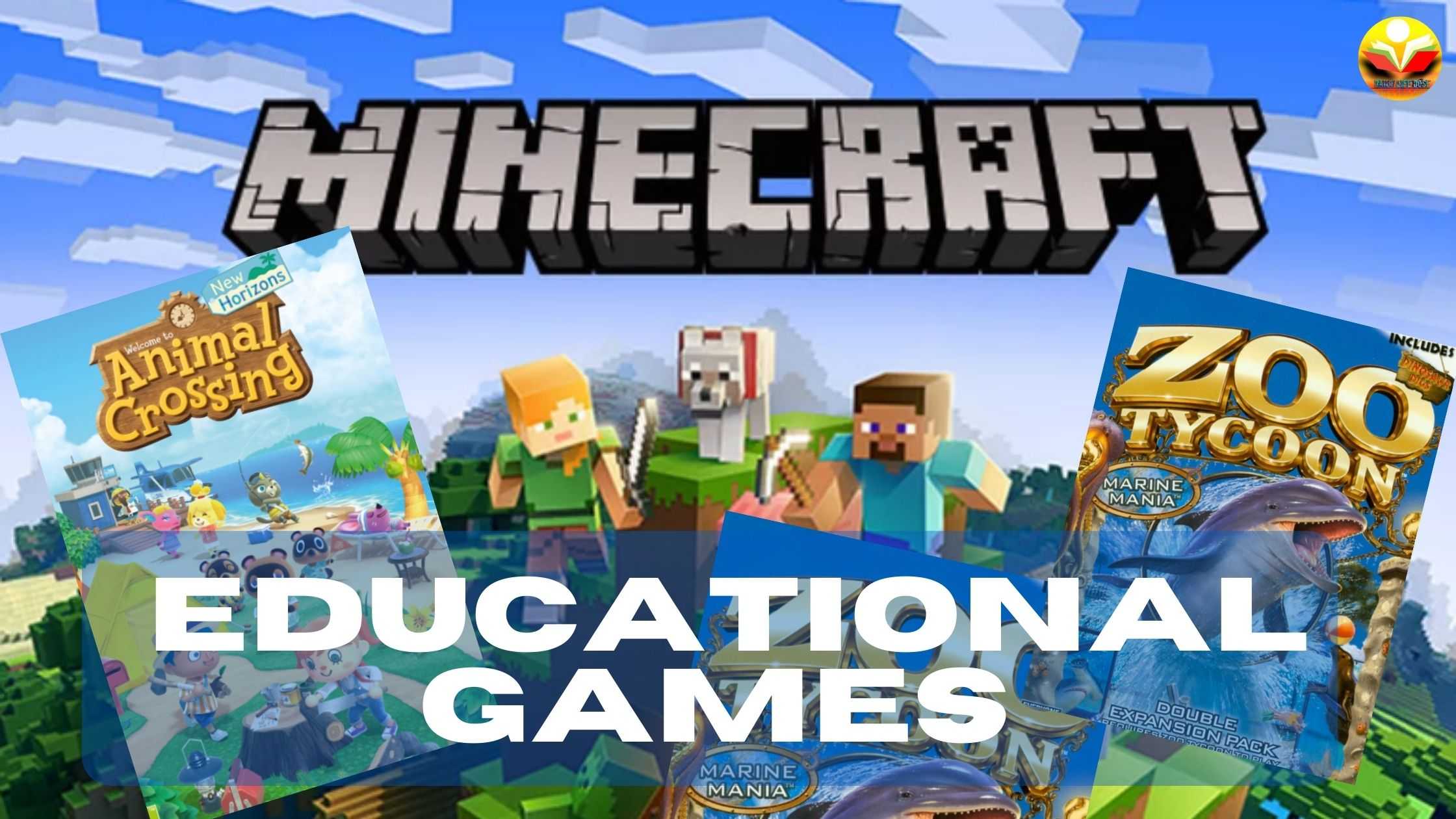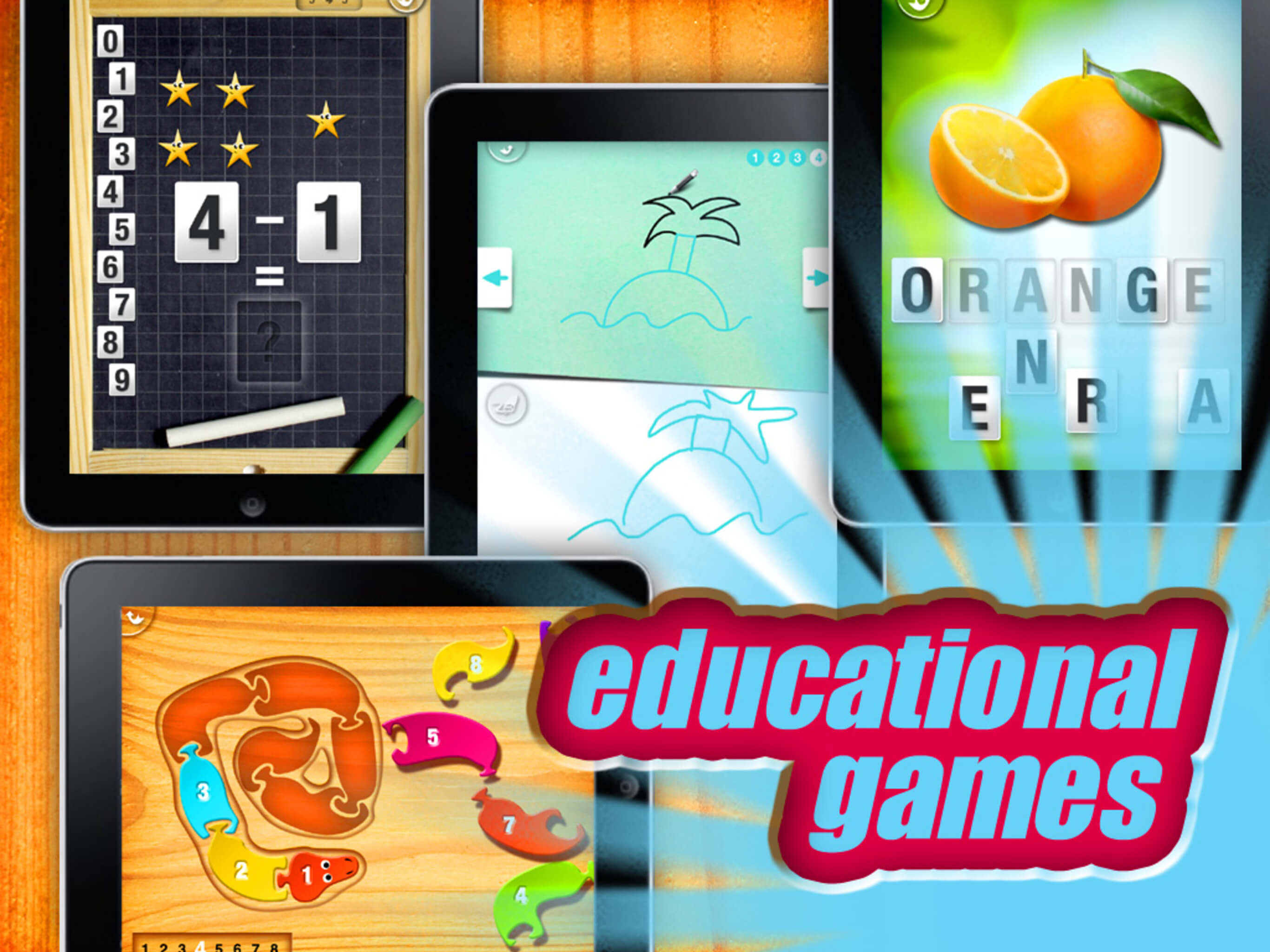Engaging Education: Best Online Games for School in 2025
Related Articles: Engaging Education: Best Online Games for School in 2025
Introduction
In this auspicious occasion, we are delighted to delve into the intriguing topic related to Engaging Education: Best Online Games for School in 2025. Let’s weave interesting information and offer fresh perspectives to the readers.
Table of Content
Engaging Education: Best Online Games for School in 2025

The landscape of education is constantly evolving, and the integration of technology is a driving force. Online games, once viewed as a distraction, have transformed into powerful tools for learning. In 2025, educators are embracing the potential of interactive gaming to enhance student engagement, foster critical thinking, and develop essential skills.
A Shift in Perspective: From Entertainment to Education
The perception of online games has undergone a significant shift. No longer considered solely for entertainment, they are now recognized as valuable platforms for acquiring knowledge and skills. The engaging nature of games, with their immersive environments and rewarding gameplay, provides a compelling alternative to traditional learning methods.
Key Benefits of Online Games in Education
-
Enhanced Engagement and Motivation: Games naturally capture students’ attention and encourage active participation. The intrinsic rewards, challenges, and sense of accomplishment inherent in gameplay foster a positive learning experience, motivating students to explore and learn.
-
Development of Critical Thinking and Problem-Solving Skills: Many online games require players to strategize, analyze situations, and make decisions, thereby honing critical thinking and problem-solving abilities.
-
Collaboration and Communication: Cooperative online games encourage teamwork, communication, and negotiation skills. Players must work together to achieve common goals, fostering a sense of community and shared responsibility.
-
Personalized Learning: Adaptive learning platforms powered by artificial intelligence can tailor game difficulty and content to individual student needs, ensuring a personalized and effective learning experience.
-
Accessibility and Flexibility: Online games can be accessed anytime and anywhere, offering flexibility for both students and teachers. This accessibility allows for self-paced learning and accommodates diverse learning styles.
Exploring the Landscape of Educational Games
The online gaming landscape offers a wide array of educational games, catering to various subjects and learning styles. Here are some notable categories:
1. Simulation and Role-Playing Games:
- SimCity: Students can design and manage their own virtual cities, learning about urban planning, resource management, and economic principles.
- Minecraft: This open-world sandbox game allows students to build structures, explore environments, and solve problems, fostering creativity, spatial reasoning, and problem-solving skills.
- The Sims: Students can create and manage virtual families, exploring social interactions, relationships, and life skills.
2. Educational Adventure Games:
- The Oregon Trail: Students experience the challenges of westward expansion, learning about history, geography, and resource management.
- Civilization: Players guide civilizations through history, developing strategies for diplomacy, warfare, and economic growth.
- Assassin’s Creed: Historical settings and engaging narratives provide a context for learning about different cultures and periods in history.
3. Puzzle and Logic Games:
- Sudoku: A classic logic puzzle that enhances problem-solving skills, spatial reasoning, and critical thinking.
- Lumosity: A brain training platform offering a variety of puzzles and games designed to improve memory, attention, and cognitive abilities.
- Khan Academy Games: A collection of interactive games covering various subjects, including math, science, and history.
4. Language Learning Games:
- Duolingo: A popular app that teaches languages through interactive lessons, games, and quizzes.
- Babbel: Offers engaging language courses with interactive games and exercises to enhance vocabulary, grammar, and pronunciation.
- Memrise: Utilizes spaced repetition and gamified learning to boost vocabulary and language skills.
5. STEM-Focused Games:
- Kerbal Space Program: Students can design, build, and launch rockets and spacecraft, learning about physics, engineering, and aerospace principles.
- CodeCombat: A game that teaches coding skills through interactive challenges and puzzles.
- Minecraft: Education Edition: A modified version of Minecraft designed for educational purposes, allowing students to explore STEM concepts through hands-on activities.
Addressing Concerns and Finding the Right Fit
While online games offer significant educational benefits, it is essential to address potential concerns and ensure responsible use.
1. Screen Time and Health: It is crucial to establish clear guidelines for screen time and encourage regular breaks to prevent eye strain and promote physical activity.
2. Content and Age Appropriateness: Educators and parents should carefully select games appropriate for students’ age and maturity levels.
3. Cybersecurity and Privacy: Schools should implement robust cybersecurity measures and educate students about online safety and privacy.
4. Integration into the Curriculum: Online games should be integrated into the curriculum in a meaningful and purposeful way, aligning with learning objectives and pedagogical strategies.
FAQs
Q: What are the best online games for elementary school students?
A: Games like Minecraft, The Oregon Trail, and Khan Academy Games are well-suited for elementary school students, offering engaging learning experiences while fostering creativity, problem-solving, and critical thinking skills.
Q: How can teachers use online games effectively in the classroom?
A: Teachers can incorporate online games into lessons, use them as rewards for good behavior, or create game-based projects to engage students in active learning.
Q: Are there any online games specifically designed for high school students?
A: Yes, there are many online games designed for high school students, covering subjects like history, science, and coding. Games like Civilization, Assassin’s Creed, and CodeCombat offer engaging learning experiences for older students.
Q: How can parents ensure their children are using online games responsibly?
A: Parents should set clear rules for screen time, monitor their children’s online activity, and discuss online safety and responsible gaming practices.
Tips for Utilizing Online Games Effectively
-
Align Games with Learning Objectives: Ensure that the chosen games support specific learning objectives and curriculum standards.
-
Provide Clear Instructions and Expectations: Communicate clear guidelines for game play, including time limits, acceptable behavior, and learning goals.
-
Facilitate Discussion and Reflection: Encourage students to reflect on their experiences and discuss their learning takeaways from the games.
-
Use Games as Assessment Tools: Integrate game-based assessments to evaluate student understanding and progress.
-
Collaborate with Parents: Communicate with parents about the use of online games in the classroom and encourage parental involvement in monitoring their children’s online activity.
Conclusion
Online games have evolved from mere entertainment to powerful educational tools. By embracing the potential of interactive gaming, educators can create engaging learning environments that foster student motivation, critical thinking, and essential skills. As technology continues to advance, the role of online games in education is poised to grow even more significant, shaping the future of learning for generations to come.








Closure
Thus, we hope this article has provided valuable insights into Engaging Education: Best Online Games for School in 2025. We hope you find this article informative and beneficial. See you in our next article!